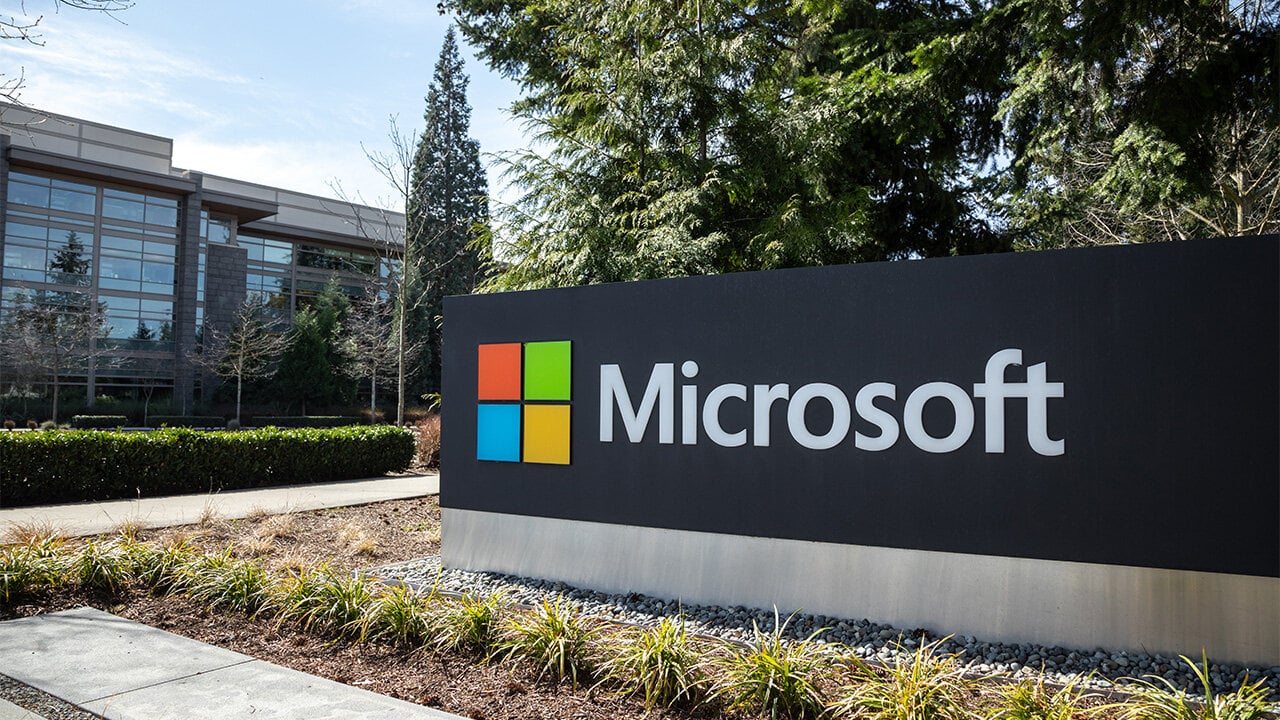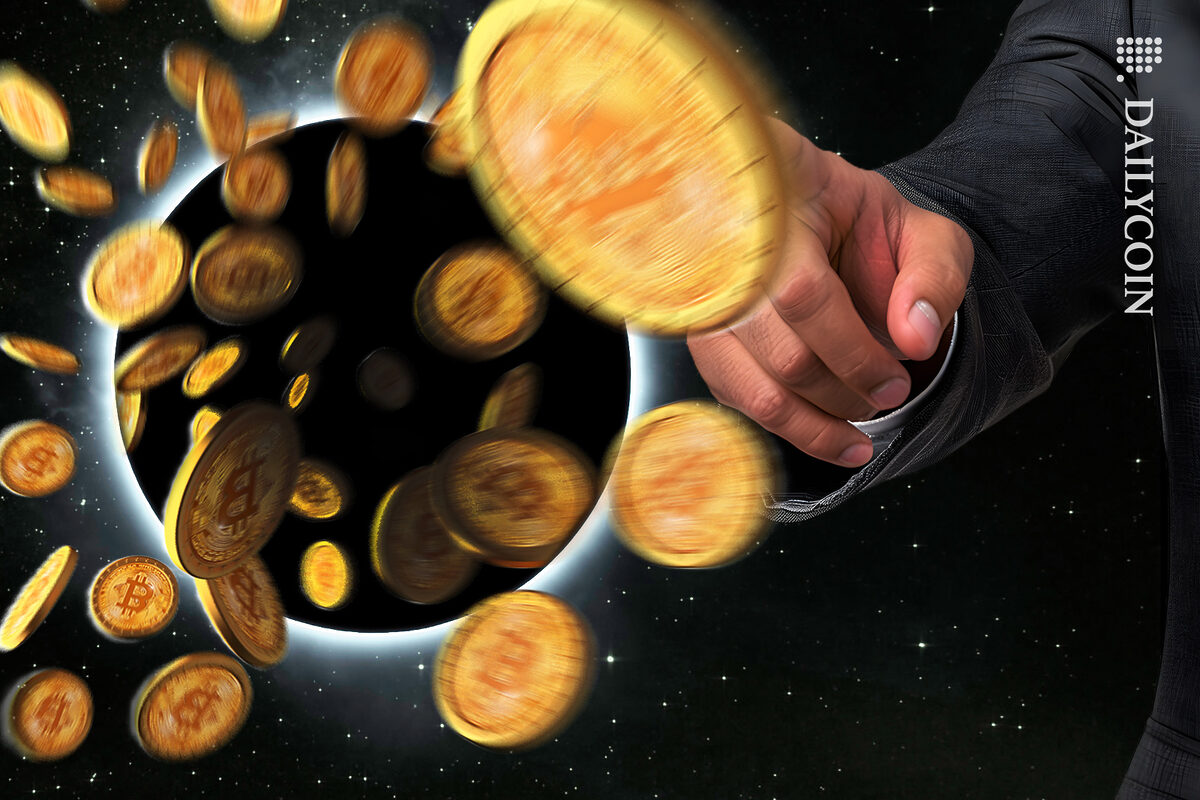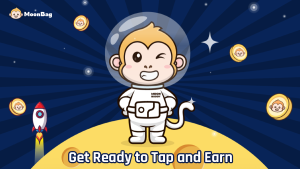1.


Theta is a Layer 1 blockchain and decentralized infrastructure for Video, AI & Entertainment use cases.
Theta is a "dual network" consisting of two complementary subsystems, the Theta Blockchain and the Theta Edge Network.Theta proof-of-stake blockchain provides payment, reward, staking and smart contract capabilities, while the Edge Network is responsible for the compute, storage and delivery of video streams, AI tasks, and other scientific, simulation and financial modeling use cases. There are two native cryptocurrencies on Theta blockchain: THETA, the staking and governance token, and TFUEL, used as gas for all transactions and on-chain smart contract interactions. The next-generation Edge Network, Theta EdgeCloud, is the first hybrid cloud computing platform built on a fully distributed architecture, set to launch later in 2024.
Theta’s Web3 infrastructure enables media companies to drive incremental revenues, user engagement, and new Web3 business models. Theta Video API and Theta Web3 Theater are turn-key decentralized video API for developers offering significantly lower costs for video transcoding, storage, and content delivery, powered by patented Digital Rights Management technology.
Theta blockchain also underpins the ThetaDrop NFT marketplace in partnership with Katy Perry, Samsung, Sony, American Idol, The Price is Right, Taste of Home, and other leading brands aiming to disrupt the digital collectibles industry.
Theta Network’s enterprise validator and governance council is led by Google, Samsung, Sony, Creative Artists Agency (CAA), Binance, Blockchain Ventures, and other global leaders. Strategic corporate investors include Samsung NEXT, Sony Innovation Fund, Bertelsmann Digital Media Investments (BDMI), and CAA.. Theta is advised by Steve Chen, co-founder of YouTube, and Justin Kan, co-founder of Twitch.
2. What is Blockchain?


Blockchain is a decentralized and distributed ledger technology that securely records transactions across multiple computers in a verifiable and permanent way. It forms the underlying technology for cryptocurrencies like Bitcoin and enables transparency, security, and immutability.
3. What is Cryptocurrency?


Cryptocurrency is a digital or virtual form of currency that uses cryptography for security. It operates on decentralized networks, typically based on blockchain technology, and facilitates secure and transparent peer-to-peer transactions.
4. What is Bitcoin?


Bitcoin is the first and most well-known cryptocurrency, created in 2009 by an anonymous person or group known as Satoshi Nakamoto. It operates on a decentralized peer-to-peer network and is used for secure, transparent, and censorship-resistant transactions.
5. What is the difference between Bitcoin and Altcoins?


Bitcoin is the original and most widely recognized cryptocurrency, while altcoins refer to any other cryptocurrencies besides Bitcoin. Examples of altcoins include Ethereum, Ripple (XRP), Litecoin (LTC), and many others.
6. What is Staking?


Staking involves participants locking up a certain amount of cryptocurrency in a wallet to support the operations of a blockchain network. It is commonly associated with proof-of-stake (PoS) and delegated proof-of-stake (DPoS) consensus mechanisms, where participants receive rewards for helping secure the network.
7. How Can I Stake Cryptocurrency?


To stake cryptocurrency, you typically need to choose a platform or network that supports staking. Transfer your tokens to a compatible wallet, follow the staking instructions provided by the platform, and lock up the desired amount of cryptocurrency. Once staked, you may start earning rewards.
8. What Are Staking Rewards and How Are They Calculated?


Staking rewards are incentives provided to participants who lock up their cryptocurrency to support the network. The amount of rewards varies and is influenced by factors such as the network's inflation rate, the total amount staked, and the specific rules of the staking protocol.
9. Can I Unstake My Cryptocurrency at Any Time?


The ability to unstake and withdraw your cryptocurrency depends on the specific staking protocol and network. Some platforms may have lock-up periods or unbonding periods during which your staked tokens are inaccessible. Always check the terms and conditions of the staking service.
10. What are the Risks of Staking?


Staking comes with risks, including the potential loss of staked funds if a participant behaves maliciously or fails to fulfill their responsibilities. Market volatility can also impact the value of staked tokens. It's crucial to thoroughly research the staking protocol and understand the associated risks.
11. Can I Lose Money by Staking?


While staking is designed to be a rewarding activity, there is a risk of losing money, especially if the value of the staked cryptocurrency decreases or if the staking protocol encounters security issues. It's important to consider both the potential rewards and risks before participating in staking.





